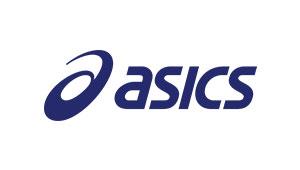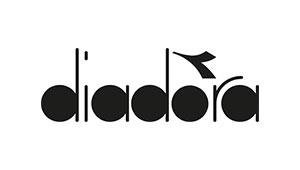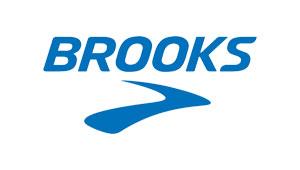
Are you a creature of habit; one who prefers to use a handful of workouts throughout the year over and over? If so, you're probably not training and racing to your potential. By following the principles of periodization during your training cycles, you can get fitter and faster just before your goal races. All you need to do is change the emphasis of your efforts bit by bit as you get into racing shape.
Arthur Lydiard: The Grandfather of Periodization
For more than two decades of coaching, I have preached the relatively simple physiological training approach known as periodization. In many ways the late great New Zealand coach Arthur Lydiard, while not the first to utilize a periodized approach, was the first to promote this concept effectively and in understandable terms.
In a manner uniquely his own, Lydiard laid out his plan for starting a training cycle with a steady diet of aerobic conditioning, and concluding a racing cycle many months later with quick, intense anaerobic sessions. In between these cycles, all energy systems are stimulated through various types of work: long and short, moderate and intense, and with workouts that target strength, threshold development, power augmentation and speed-based endurance through timely VO2 max work.
More: How to Improve VO2 Max
There is, of course, much more to the theory and process of Lydiard's periodized approach, including critical rest, transitional periods and an emphasis on workouts that shift as a runner gets closer and closer to peak racing season.
In the ideal world, a Lydiard-based model is one I wholeheartedly recommend; however, there are runners who prefer to stick with a handful of the same training sessions throughout the year. Even for these non-Lydiard enthusiasts, I recommend a change in emphasis of their sessions from the beginning of training cycle to the end. Let's take a look at a few of the "year-rounders" we utilize at the ZAP Fitness Center. These sessions can be run at different times throughout the year; you'd want to execute them in a different manner depending on how close you are to key events.
- 1
- of
- 3
About the Author

Get ACTIVE on the Go


Couch to 5K®
The best way to get new runners off the couch and across the finish line of their first 5K.
Available for iOS | Android







Discuss This Article